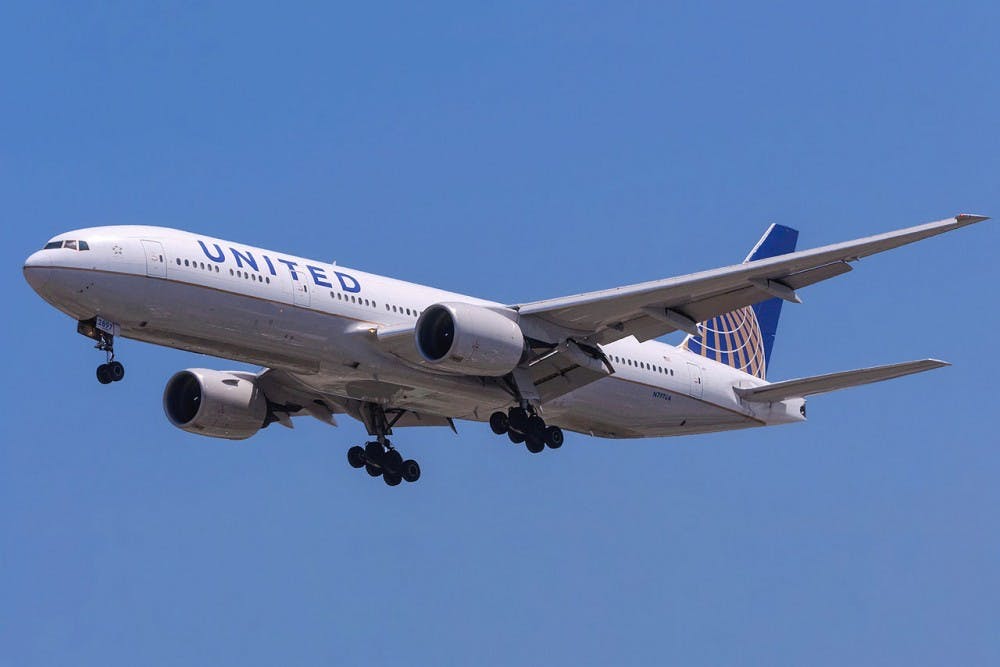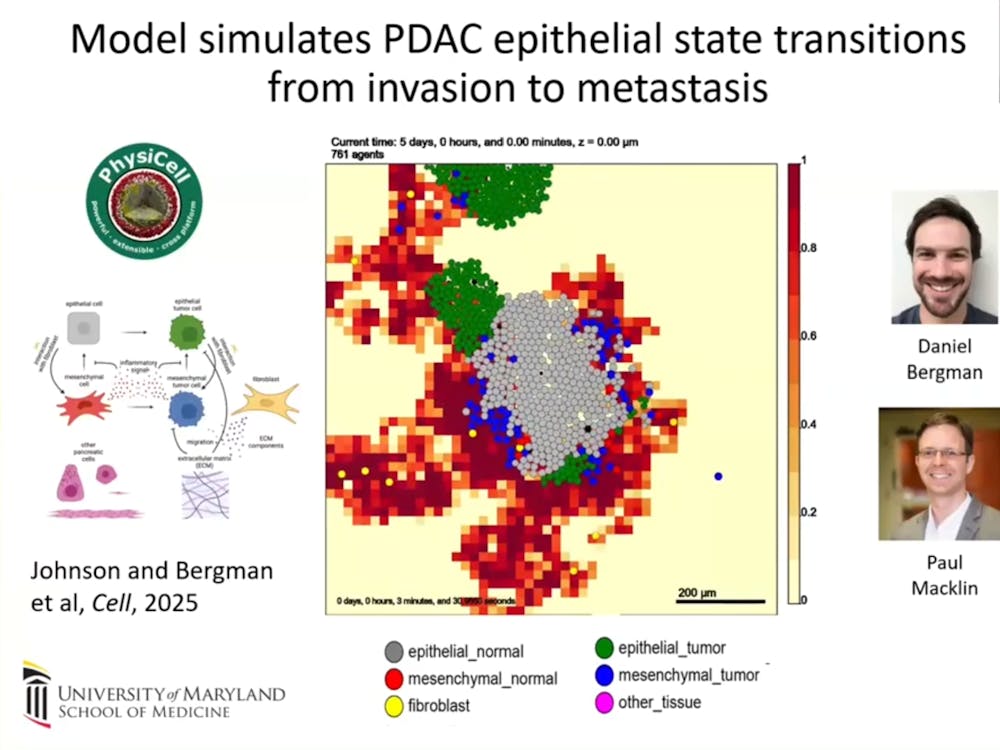By RAYYAN JOKHAI For The News-Letter
Boeing, one of the largest global aircraft producers, has teamed up with the Carnegie Mellon School of Computer Science to establish a new Aerospace Data Analytics Lab which will explore the potential application of artificial intelligence and big data to Boeing’s aerospace endeavors.
While the partnership plans to tackle many different objectives, the team’s main goal is to analyze the large quantity of data in the aerospace industry. With the help of computer science, specifically the subfield of machine learning which utilizes algorithms that can understand data and make predictions based upon it, Boeing and Carnegie Mellon University (CMU) hope to optimize Boeing’s aerospace activities. The partnership plans to enhance Boeing’s design, construction and operation in the aerospace field by turning this data into applicable information.
Jaime Carbonell, professor at Carnegie Mellon, director of the Language Technologies Institute and head of the new analytics lab, claims that while the massive amounts of data from the aerospace field can easily overwhelm humans, the use of machine learning will allow Boeing and CMU to decipher the data and make useful conclusions to enhance real-world performance.
One example of the benefit of machine learning can be seen in airline maintenance. Rather than having to fix planes after they need maintenance, Boeing and CMU hope to be able to use data to predict when planes need fixing before they actually do. In doing so Boeing might be able to gain a competitive advantage over other companies in aerospace such as Airbus and Lockheed Martin.
In a typical Boeing 787 Dreamliner, a large amount of data is compiled from the plane’s sensors, pilots, structural mechanisms and engineering databases.
“This provides a golden opportunity, merging CMU’s capabilities and Boeing data to address problems such as predictive analysis for preventive maintenance — rather than after-the-plane-is-grounded maintenance,” Carbonell told The Washington Post.
A simple analogy to understand how CMU plans to help Boeing can be seen in the “check engine” light that comes on in automobiles before the engine is inoperable. This preventative approach is designed to make planes safer and to save time on the tarmac by anticipating last-minute mechanical failures ahead of time.
In the past the CMU School of Computer Science has made a number of inventions, which include a robotic arm that can pick up a cup of coffee and a self-driving car.
The lab has started with over six Boeing projects and over 20 Carnegie Mellon researchers and hopes to grow in the future.





